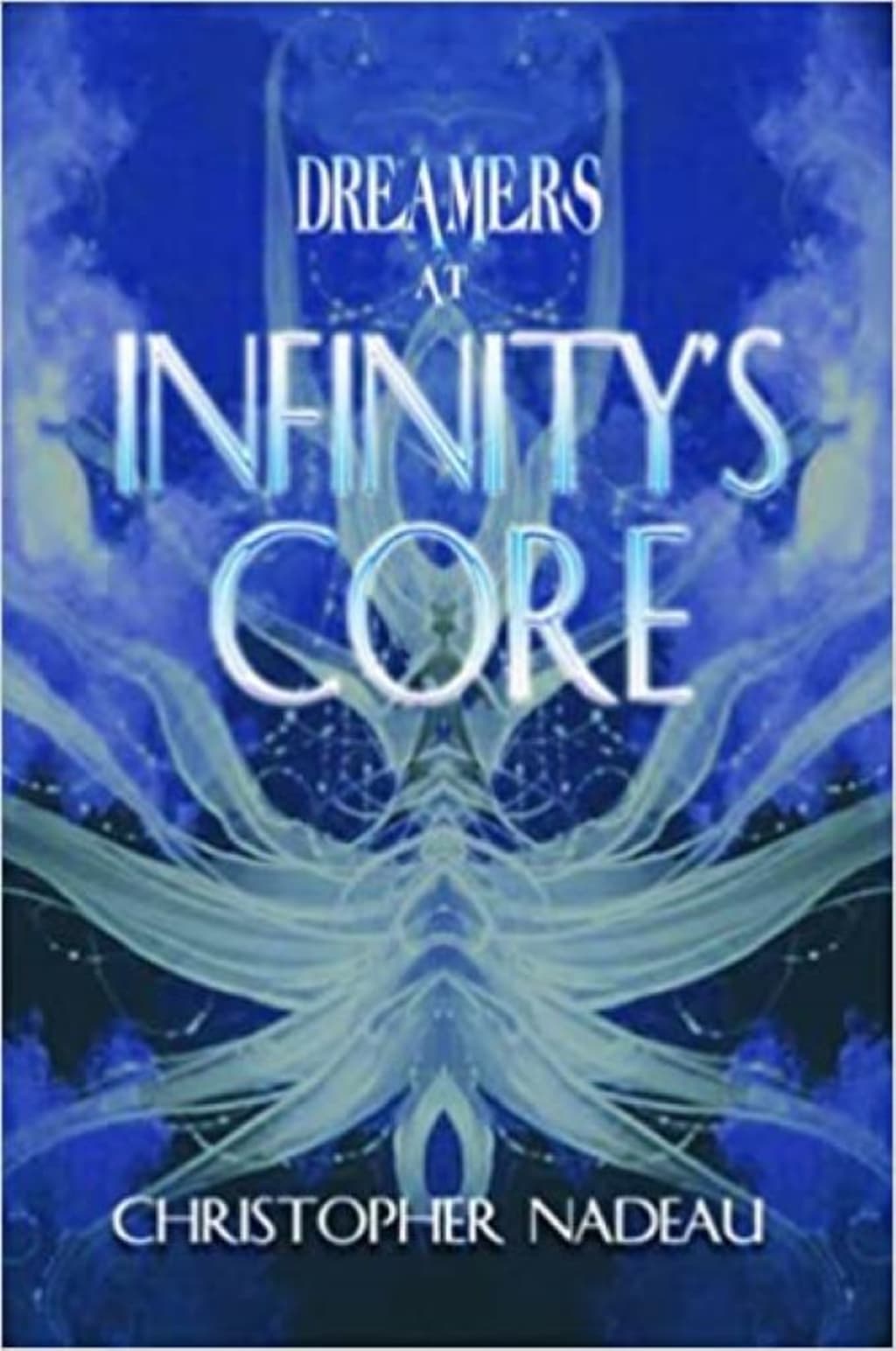An Ocean of Fanboy Tears
The False Narrative Surrounding Plotting- Part 1 in a Series

When I started writing my first novel, “Dreamers at Infinity’s Core,” it never occurred to me that I was doing something bad or evil by not knowing how it ended before I was nearly finished writing it. I’ve never been fond of outlining, so I did what I usually do, namely made it up as I went along. Naturally, plot points and story elements occurred to me as I went, often resulting in what could be viewed as an outline-light approach. But I would be lying if I said I knew from the start how the novel ended.
Hell, I didn’t even know there was going to be a sequel.
The first time I remember encountering outrage at the very notion that someone would approach their work the way I did was during an interaction with “X-Files” fans. This was, of course, after the original run had ended, but only a year or so after. Two camps emerged as they always do, one filled with people who accepted the conclusion of their favorite show, and one filled with venomous rage over it.
The latter group often bemoaned what they viewed as series creator Chris Carter’s grievous sin of “obviously making it up as he went along” when complaining about the direction the series went in. A good contemporary contrast can be drawn with “Babylon 5” creator J. Michael Stracynski, whose “series Bible” encompassed the entire intended five season run of his show, albeit with what he referred to as “trap doors” for actors who left the series before the end. Both were excellent shows that had their good and bad periods, yet according to more and more online fans, only one of these men wrote their show the right way.
The series “Lost” was the poster child for this mentality. Its constantly shifting focus and Easter eggs designed to distract viewers drove analytical types out of their minds with feelings of betrayal and frustration. Easily the most misunderstood final episode of all time, the “Lost” conclusion hewed closely to its promise to fans that the characters weren’t already dead while still teasing the less enlightened viewers with an afterlife subplot that made them think the promise was not kept. To this day, some people still argue against the obvious fact that the afterlife depicted in the finale took place long after all the characters had already undergone their tribulations on the island. Those same people also complained about how “they made it up all along.” Perhaps they were but so what?
When did it become a requirement for legitimacy for a creator of a fictional work to map out in excruciating detail exactly how their entire epic will play out, what all the mysteries are, and how it ends down to the exacting detail? More importantly, why do so many people accept this point of view unquestioningly?
It cannot be said whether or not those who feel this way have ever taken a creative writing class or written any type of fiction. My first instinct is to assume most of them have not. How else does one explain such heated, passionate opposition to a perfectly acceptable approach to creative writing? And why does it seem as if writing is the only form of creative expression to receive this treatment?
It’s a disturbing trend that continues unabated across all forms of social media, yet it somehow never applies to music or visual art. In fact, for music in particular, the very nature of its collaborative, evolving nature is what makes people drool over every niggling detail of a song’s development. Can you even imagine someone accusing the Beatles of letting down their fans because it was obvious the band was just making up the song as they went along? Sounds ridiculous, doesn’t it?
Now take that same attitude and apply to a painter whose final work is beloved by millions. What if when beginning the piece, the artist mentioned what she had in mind but it evolved over time into something different? Imagine art lovers reacting with shock and horror as they went online to register their disappointment because it was obvious she started adding new imagery as she painted. They would sound like a bunch of uninformed yokels.
So, why is writing not provided the same consideration? Why does it have to conform to a rigid, structured approach or risk being dismissed and disregarded because somewhere along the way, somebody decided to change something significant?
Rest assured, I’m not referring to changes in the established reality of the piece. For example, if the vampires in your story can’t be near garlic even for a second in book one, you can’t suddenly have them eating lasagna with garlic in the next book...at least, not unless you write one helluva retcon!
In this series, I’m going to investigate this fascinating and potentially damaging phenomenon and try to reach some sort of conclusion. And I’m going to start where all such inquiries should:
Star Wars fans.





Comments
There are no comments for this story
Be the first to respond and start the conversation.